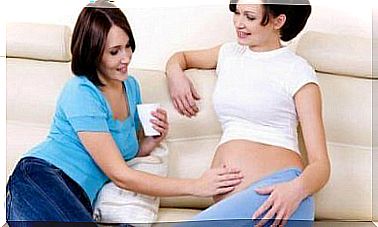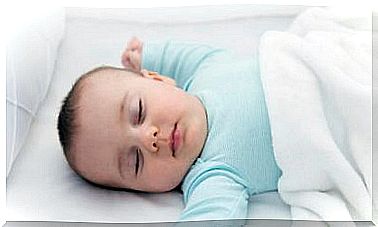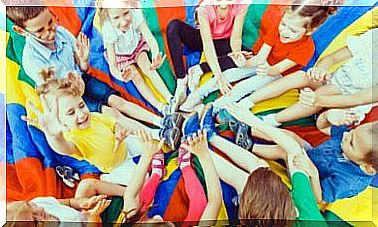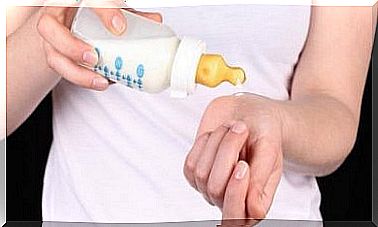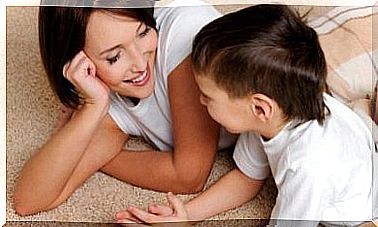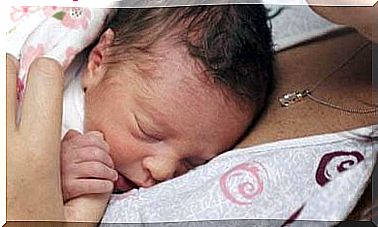How To Prevent The Child From Getting Car Sick While Traveling?
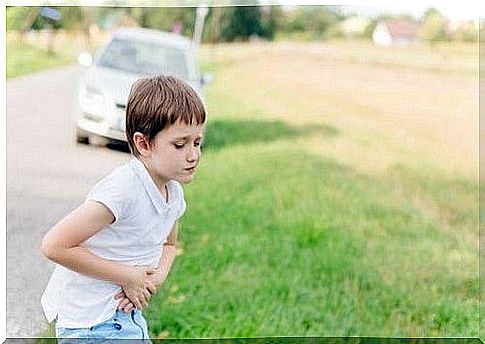
Knowing how to prevent your child from getting motion sick while traveling or driving is essential for any parent. Motion sickness, or a disturbance of the body caused by movement, generates unpleasant symptoms in children. In addition to the well-known nausea, it can cause vomiting and general malaise in the body.
Between the ages of 3 and 12, children are particularly prone to motion sickness. In fact, it is possible that this condition will persist into adulthood.
However, once you understand that your child is predisposed to motion sickness while commuting, your goal will be to be as foresighted as possible. Only in this way will you prevent the child from suffering from motion sickness while traveling.
What is motion sickness and why does it occur?
Motion sickness is defined as the inability to control the body caused by movement. What specifically happens? The balance between the middle hearing and the musculoskeletal system is lacking , caused by the lack of correspondence between sight and bodily sensations.
It is due to the fact that the child’s body is stationary while everything around him is in motion. When the brain mistakenly perceives that the individual is moving, it sends signals that disturb the organism.
Symptoms
These signals cause, among other things:
- Feeling dizzy or lightheaded
- Pallor
- Loss of balance
- Stomach ache
- He retched
- Sweating or feeling cold
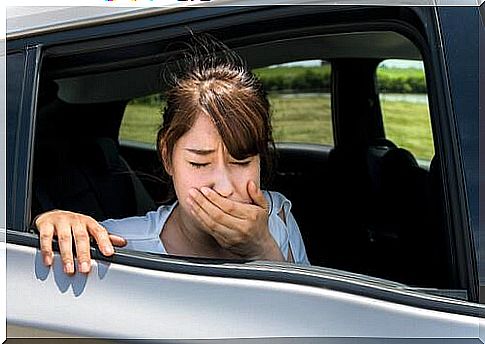
How to prevent your child from getting motion sickness while traveling?
There are several ways to prevent your child from getting motion sickness while traveling. The least recommended is the use of medications, as it is believed that the child can gradually regulate sensations that impair middle hearing. As we have already said in the introduction, this condition can persist even into adulthood.
With these assumptions in mind, parents should place children in a car or plane in specific positions to prevent them from making sudden movements. Here are some indications to follow.
Measures to be taken before travel
Before leaving you must have at least two precautions to prevent the child from suffering from motion sickness. The first is to let him eat at least an hour and a half before leaving. Adults must ensure that the child does not overeat. In this way, in case of car sickness, the stomach will not suffer too much and will not want to vomit.
The foods recommended before the trip are proteins given by lean meat and vegetables. Foods such as pasta or hamburgers should be avoided. These, in fact, cause a feeling of heaviness in the stomach. When traveling by plane, they also cause abundant flatulence.
The second trick is to travel during the hours when the baby usually naps, or even at night. Loss of balance in middle hearing does not occur when an individual is asleep.
For this reason, being able to have the baby travel asleep or fall asleep immediately after departure will be of great help.
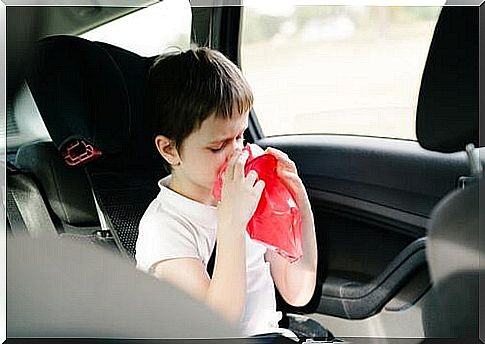
Measures to be taken while traveling
The most effective measures while traveling are:
- Children must travel seated in the child seat or, when they are older, tied with the seat belt, with their eyes fixed on the horizon or at most with their heads slightly turned towards the window.
- We must avoid that the child plays with the mobile phone, the iPad, the dolls or reading. All these activities, in fact, make him stand with his head tilted forward or to one side. This is due to the fact that when his gaze is focused on a fixed point, lifting his head and perceiving the fast movement of the machine, his brain will not be able to adapt to the sudden change, and this will cause him to get car sick.
- It is not recommended that the child eat while traveling. The suggestion we would like to give you is that you only ingest water and in small quantities. In case the journey is long, he must eat during the stops.
- In the car, extreme temperatures must be avoided. That is to say, keeping the air conditioning at a very low temperature or the heating too high. If the child is already suffering from motion sickness, fresh air must be allowed to circulate in the vehicle.
As a final recommendation, if your child is suffering from motion sickness, encourage him to do breathing exercises. Similarly, always carry wet wipes, vomit bags and car sickness medicines prescribed by your pediatrician with you.



